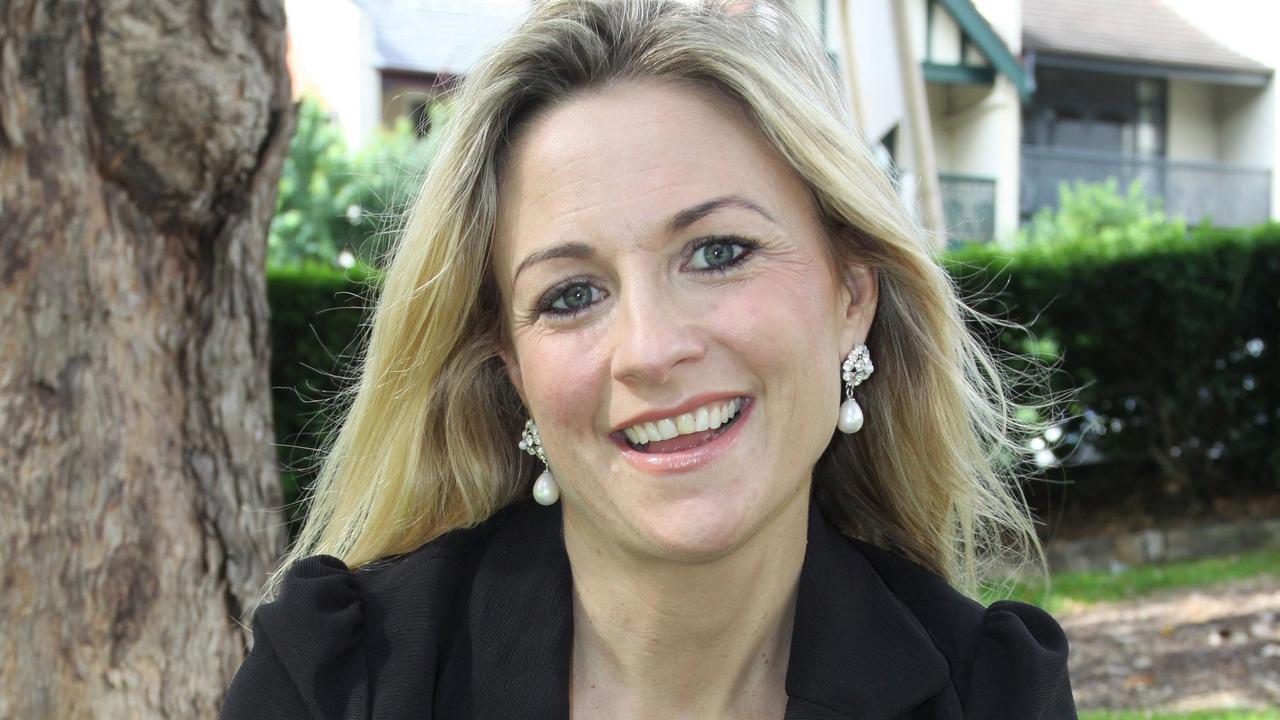Money trends you should keep an eye on as our new year revs up
From credit cards and interest rates to digital banking and royal commission reports, change is afoot in the world of finance. Here’s why you need to keep on your toes.
UNDERSTANDING the trends that are shaping the financial sector will give you greater control over your savings and debts in 2019.
The release of the banking royal commission’s final report in February is likely to toss up a few curve balls, but there are several other issues bubbling away.
Here’s what to watch.
INTEREST RATES
The Reserve Bank hasn’t moved its official interest rate since August 2016, and forecasters expect no change until at least later this year.
Ratecity.com.au research director Sally Tindall said 2019 would be interesting amid uncertainty about the Australian and global economy.
INVESTING: Why Aussie shares are tipped to bounce back
“It’s going to be hotly watched to see if the Reserve Bank ends up cutting rates after saying time and time again that the next move will be up,” she said.
However, the banks “don’t dance to the beat of the RBA anymore” and showed this in 2018 with their own rate rises, Ms Tindall said.

This could be repeated in 2019, so people should focus on paying down their debts, she said.
“Now is the time to get ahead on your mortgage if you can, to get some breathing space for when rate rises do finally arrive.”
CREDIT CARDS CRACKING
Ms Tindall said credit cards would become less popular amid the surging popularity of buy now, pay later schemes such as Afterpay, and card providers weakening their reward programs.
“A lot of young people are choosing not to get a credit card,” she said.
Others would ditch their cards when they realised the rewards were no longer worth it, while tougher new repayment rules would make it harder to get cards, Ms Tindall said.
“Look for a credit card that is not sending you backwards — 30 cards have no annual fee.”
YOUR DATA WORKING HARDER
People’s Choice Credit Union spokesman Stuart Symons said that from July 1 major banks would have to make available to you all your credit card and debit card account and transaction data, with mortgage data to be made available from February 2020.

“You will be able to authorise others to receive this information — and that’s where the power can truly make your data work for you,” he said.
“Imagine being able to use live information to help with budgeting, better understanding your spending habits and being able to compare credit cards, telephone plans and energy deals.”
POWER TO THE PEOPLE
Mr Symons said the royal commission and other pressures would lead to reforms “delivering greater transparency around interest rates and credit cards” and help people shop around.
Financial institutions would be working hard to win back lost trust and re-establish relationships, he said.
“This is a win-win for customers who now hold the cards — first by asking their existing institution for their best deal, and second by looking to what the market will offer them.”
DIGITAL BANKING EXPANDS
“If you’re already asking Siri, Alexa and Google Home to help with lighting, heating and music, then you may just be warming up for the main act — inviting them to manage your personal finances,” Mr Symons said.
“The technical ability currently exists for these services to pay your utility bills, loans and phone account, even to order your favourite pizza with an approved payment.
“The main hurdle is security, and rightly so. Financial institutions need to be happy that their customer information is protected before they open the gates to this functionality.”



